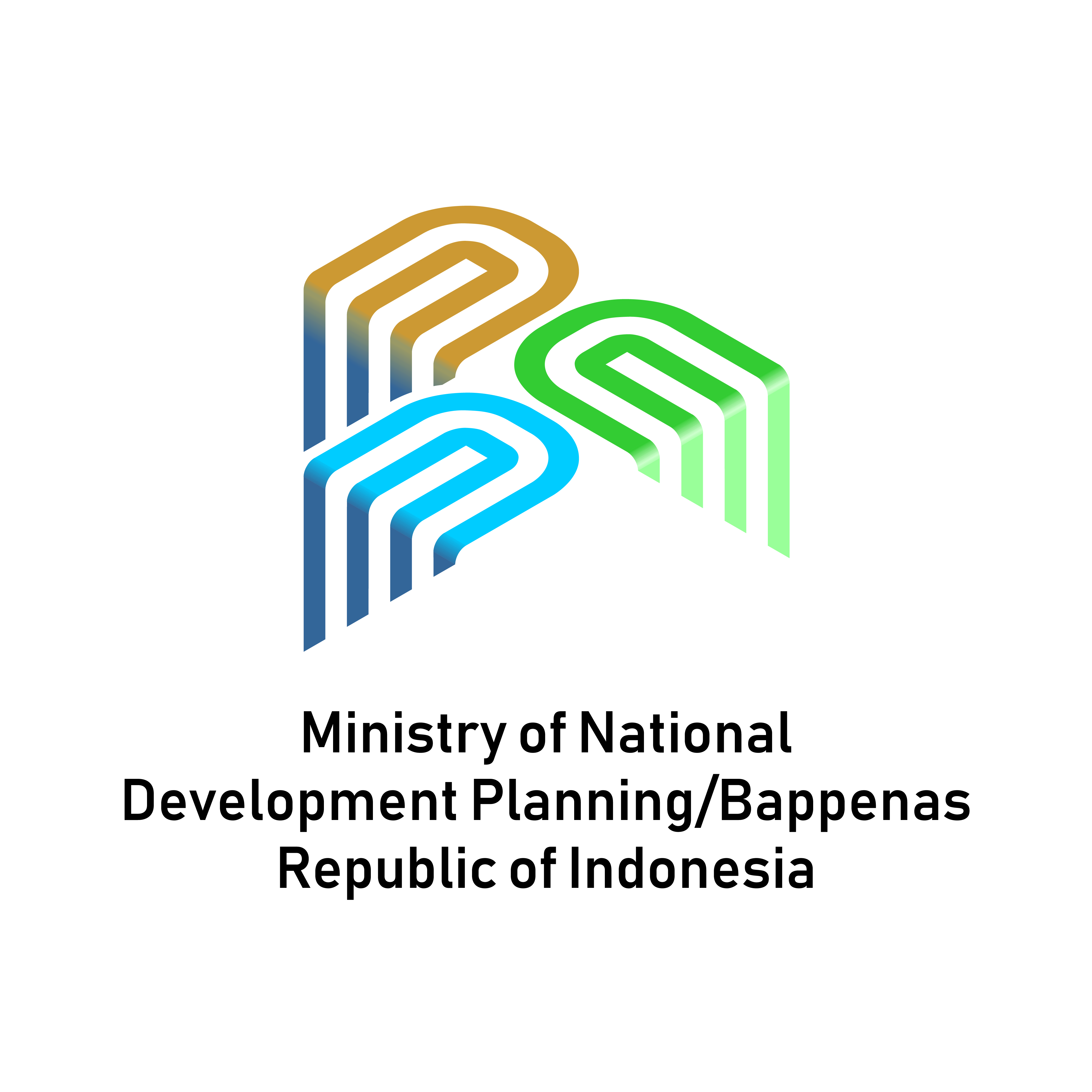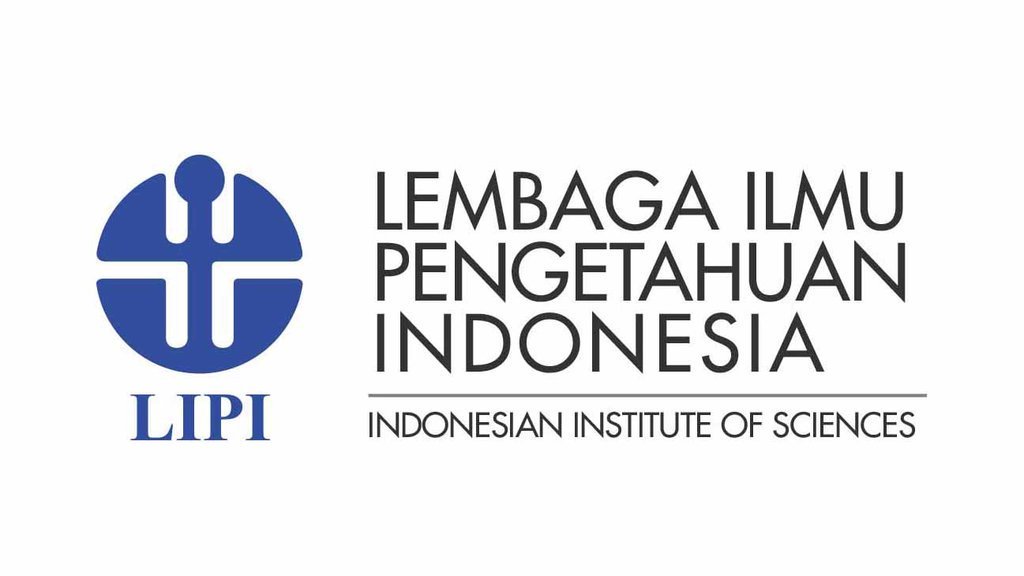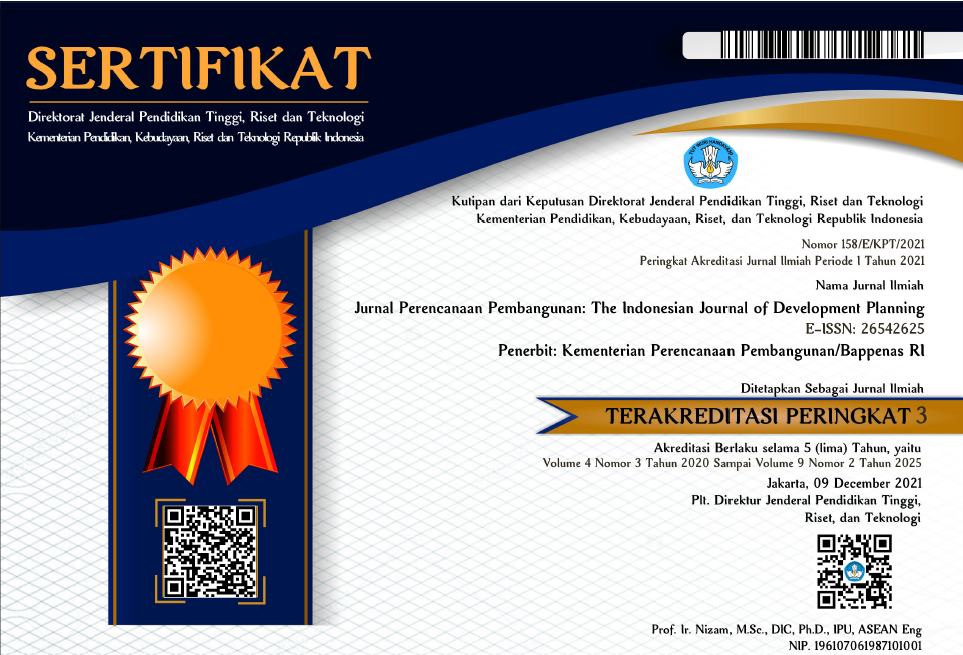Socio-Political And Economic Determinants Of Income Inequality In Indonesia
DOI:
https://doi.org/10.36574/jpp.v1i3.21Keywords:
Income inequality, OLS, FDI, Democracy, Government SpendingAbstract
Income inequality in Indonesia has rapidly enlarged in recent years. This paper aims to examine the causes of highly persistent income inequality in Indonesia. In
contrast to other previous studies that investigated income inequality focusing only on economic factors, this paper also looks at social and political elements. Using Ordinary Least Square (OLS) method, I found that democracy has no significant impact on income inequality. In addition, the study found a significant relationship between government spending and income inequality. In addition, I also found evidence that foreign direct investment (FDI) flows have an impact to improve income inequality in Indonesia. There are several relevant policy conclusions that can be drawn from this study.
Downloads
Downloads
Published
How to Cite
Issue
Section
License
This is an open-access article distributed under the terms of the Creative Commons Attribution-NonCommercial-ShareAlike 4.0 International License. Copyright © Kementerian PPN/Bappenas RI


















